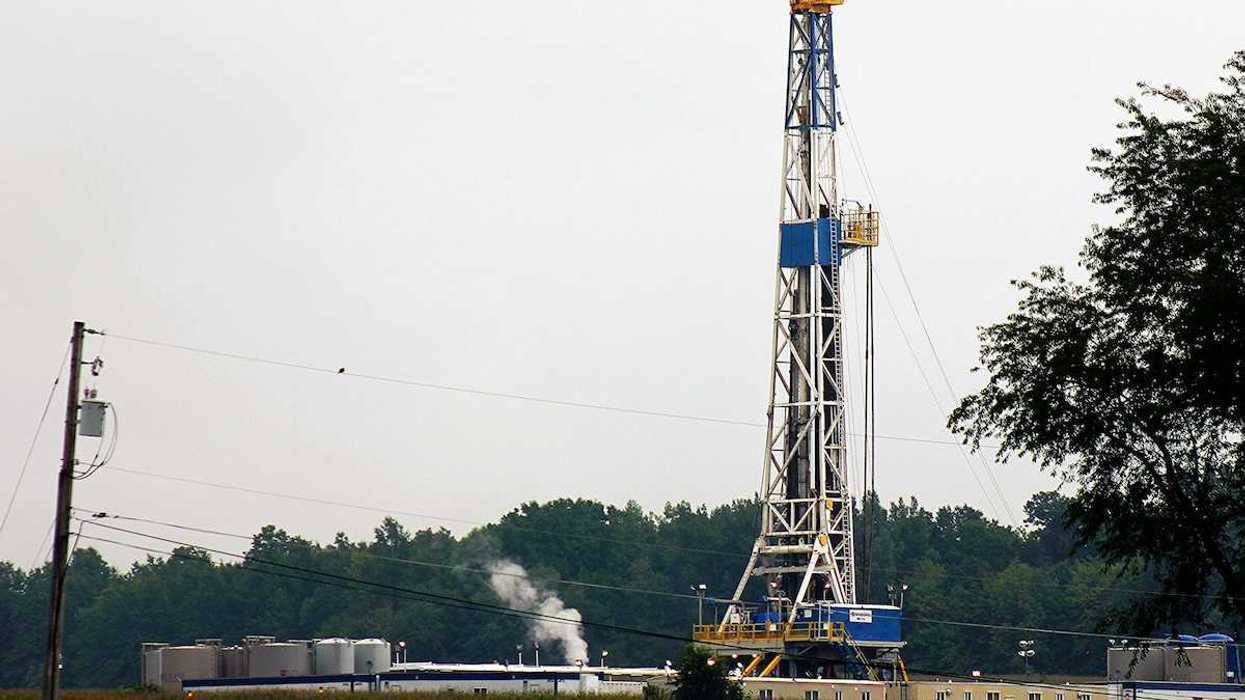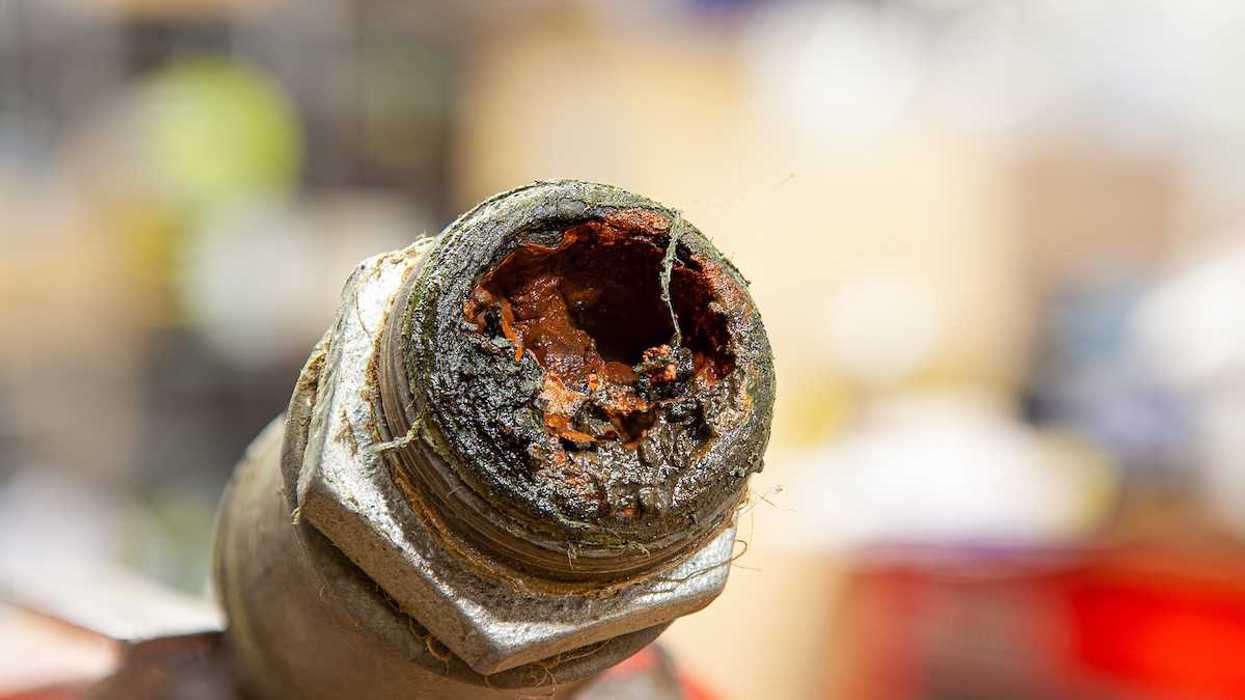In a landmark move, the EPA has suspended the use of a pesticide known to harm fetal development, citing urgent health concerns for pregnant women and their unborn children.
Maxine Joselow and Amudalat Ajasa report for The Washington Post.
In short:
- The EPA issued an emergency order to suspend dimethyl tetrachloroterephthalate (DCPA), a pesticide used on vegetables like broccoli and cabbage, due to its links to serious health risks for fetuses.
- DCPA exposure in pregnant women is associated with altered thyroid hormone levels in fetuses, which can lead to developmental issues and low IQ in children.
- This action follows years of efforts by the EPA to obtain health risk data from DCPA's manufacturer, AMVAC Chemical, which previously refused to comply.
Key quote:
"DCPA is so dangerous that it needs to be removed from the market immediately."
— Michal Freedhoff, EPA Office of Chemical Safety and Pollution Prevention
Why this matters:
The removal of DCPA from the market could mark a turning point in how we approach chemical safety, pushing us towards more sustainable and less harmful agricultural practices. Read more: US food sampling shows troubling pesticide residues.














